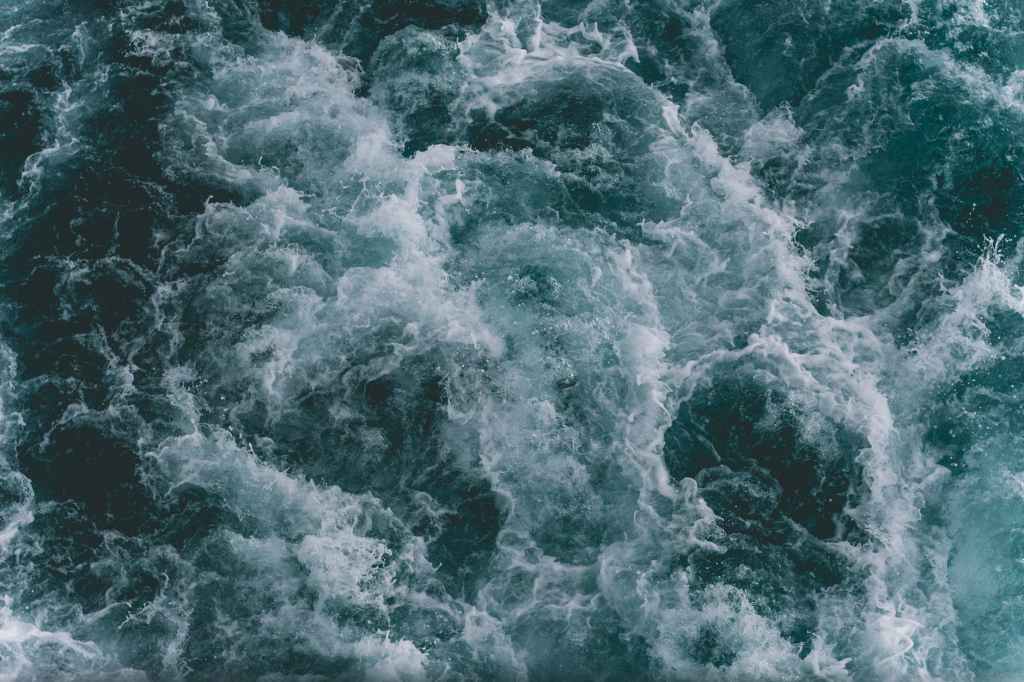Our Gods
Our gods demand the very latest sacrifices. At their games and banquets they hurl bronze discs around the sun and gossip about what is being burnt, buried or slaughtered at their temples, and each god takes careful note of the trends. For a while, doves were popular, then a kind of flatbread made with parsnips, then so many goats that the air in our city filled with their screaming.
Our gods may desire the new, but they fear novelty and only want it if they can be sure the other gods will envy it. Years ago the priests of Loth, god of the shoreline and tidal pools, deviated from ritual and killed half a dozen seagulls in his name. The gods found this hysterically funny—sacrificing seagulls! Enraged, Loth tilted the sea and turned our city into one great rockpool from wall to city wall. Crabs chased vendors between market stalls and our stairwells filled with seaweed. The priests of Loth were hunted down and their heads thrown into the sea, and Loth reluctantly turned the tide.
Yet ten years later, sacrificing seabirds became a mania, and the seas were picked clean of terns, gulls, albatrosses, plovers, shearwaters, cormorants, frigatebirds, gannets, even the penguins nesting in the rocks, until the shorelines were bare to our borders and the waves lapped on silent beaches. And still, our stories say, our gods taunt Loth about the gulls.
Our gods are wildly, violently sentimental. They rarely protect us and when they do it is usually for selfish reasons. They forget their requests of yesterday and recall a single prayer muttered a thousand years ago. They did not create this world, and they wish to banish the shadowy legends of our dead makers—to whom they all feel quietly inferior—and put their own stamp on the place. Thus Sestaki, the god of nests, fruit, and games of chance, will enlist ten thousand of his adherents to build a flock of huge horned animals from clay, but when the breath of life fills them, they are soft, top-heavy, their first steps send them tottering into landslides. Undeterred, Sestaki demands a beast three times as large that he will ride in heaven, as his artisans dig each other out of the sloppy clay.
Our city is littered with these abandoned toys—skeletons of barges, toppled statues, foundations the size of city squares. Many visitors, coming to our city for the first time, believe we have just been sacked.
But the truth is, as we lie down to sleep on our hard-trodden earthen floors, it comforts us to be near their temples, the smoke of their sacred fires. Our hands clasp little amulets, whisper prayers for our protection. Our lives are hard and cheap, but we know, looking out at the marble pyramids and sacrificial altars, that no other city could tolerate gods like ours. This is the one gift, in the end, that our gods have for us: our ability to endure them makes it possible for us to love ourselves.
Born and raised in Perth, Western Australia, Bryn Dodson is a graduate of New York University’s creative writing program. His writing has appeared or is forthcoming in [PANK], Westerly, Oxonian Review, and elsewhere. He co-organizes New York City’s Lunar Walk poetry reading series, and lives in Brooklyn, New York. Follow him on Twitter at @bfdodson.
